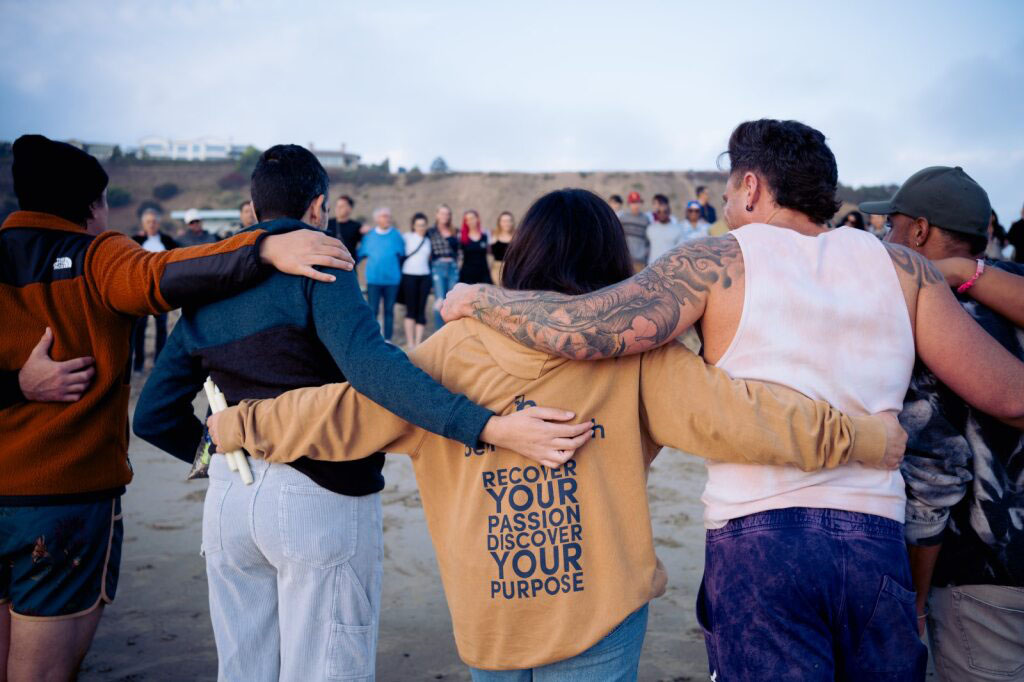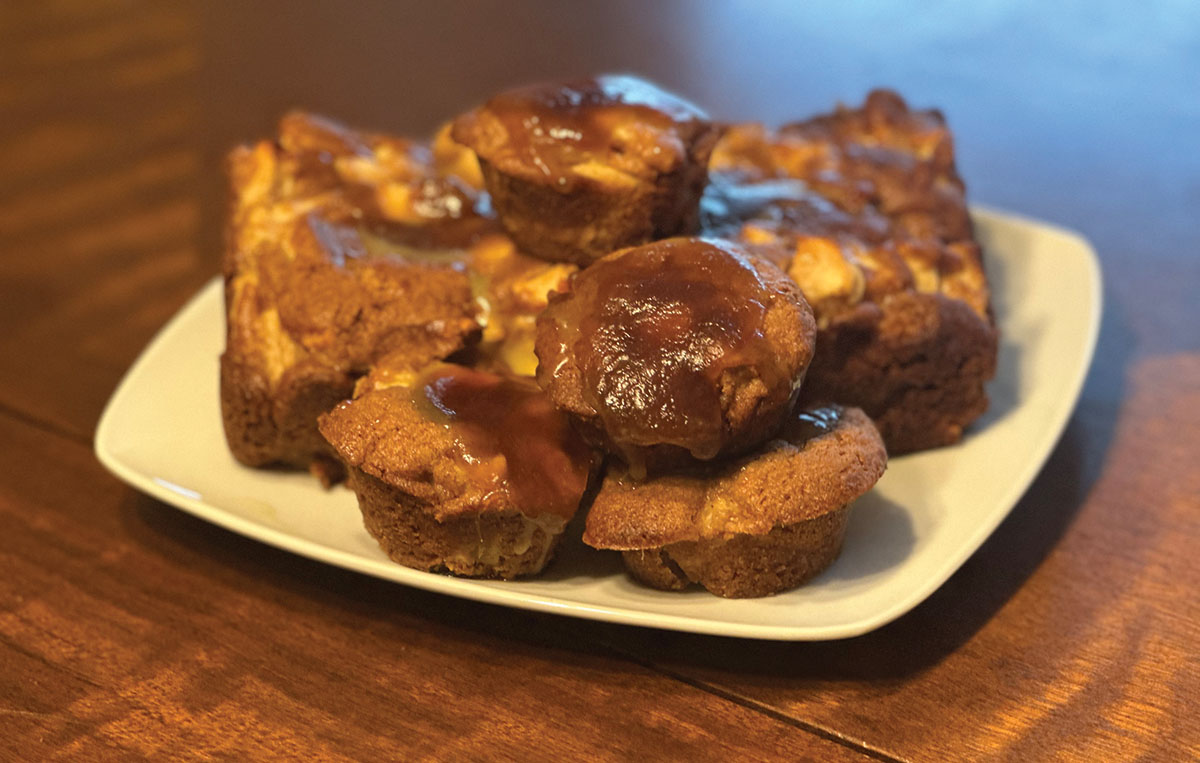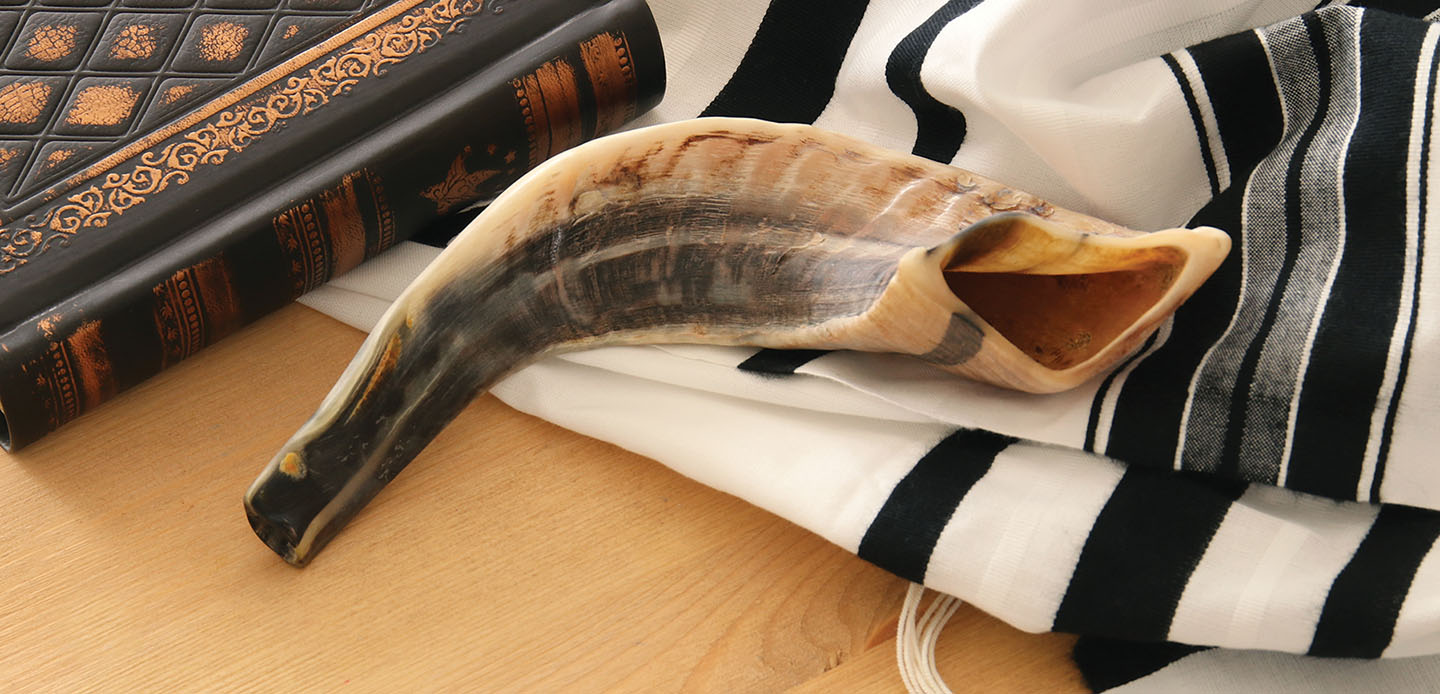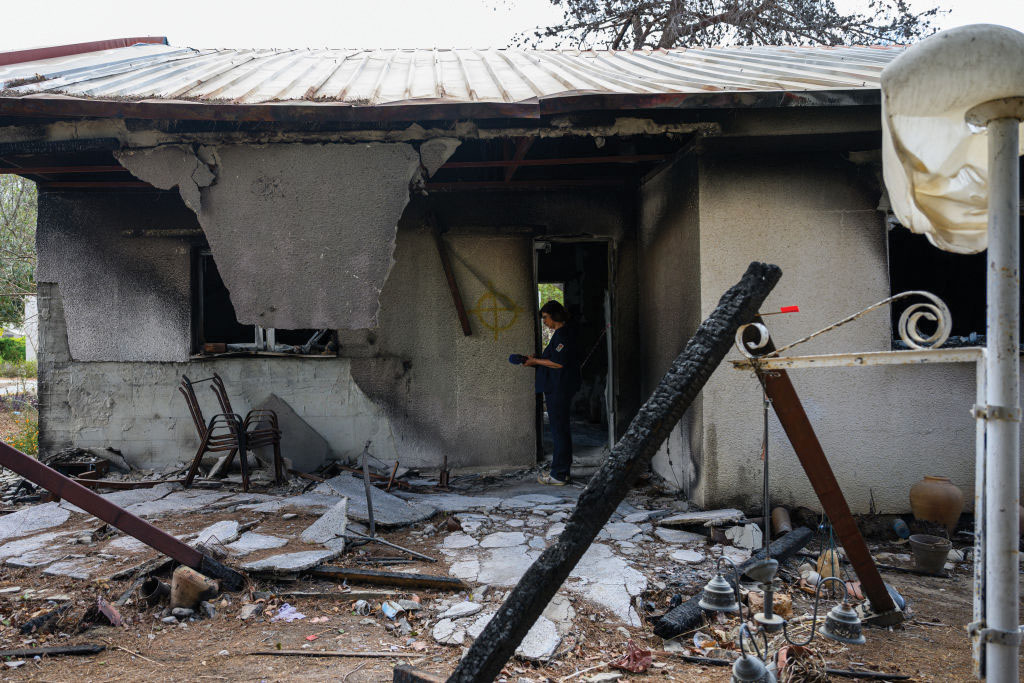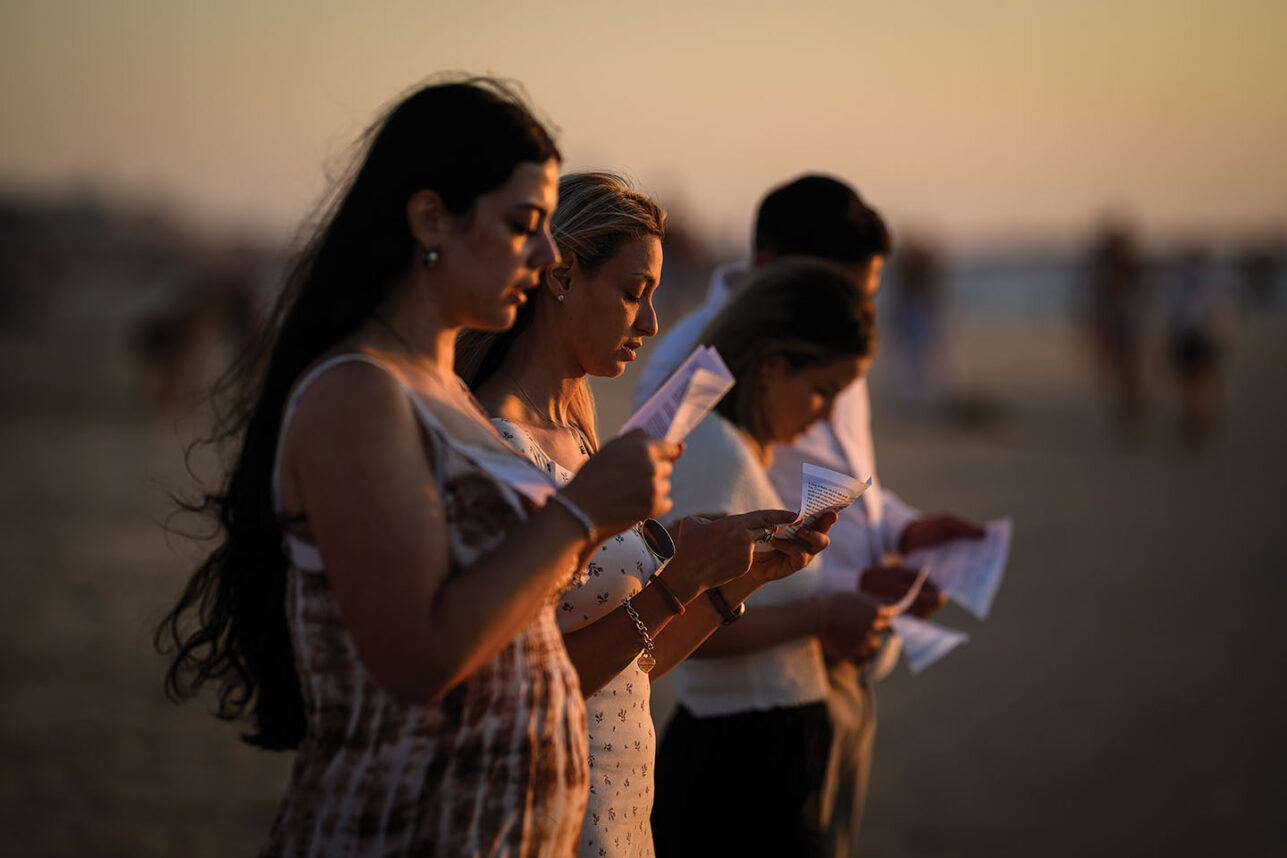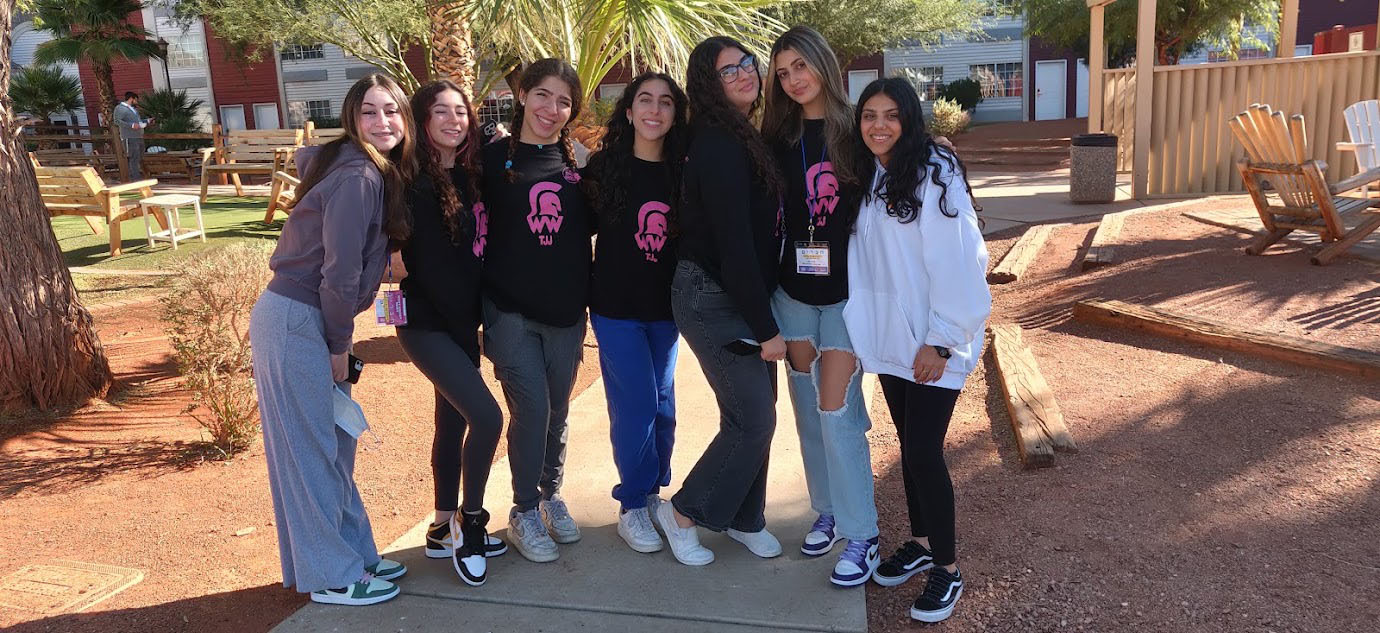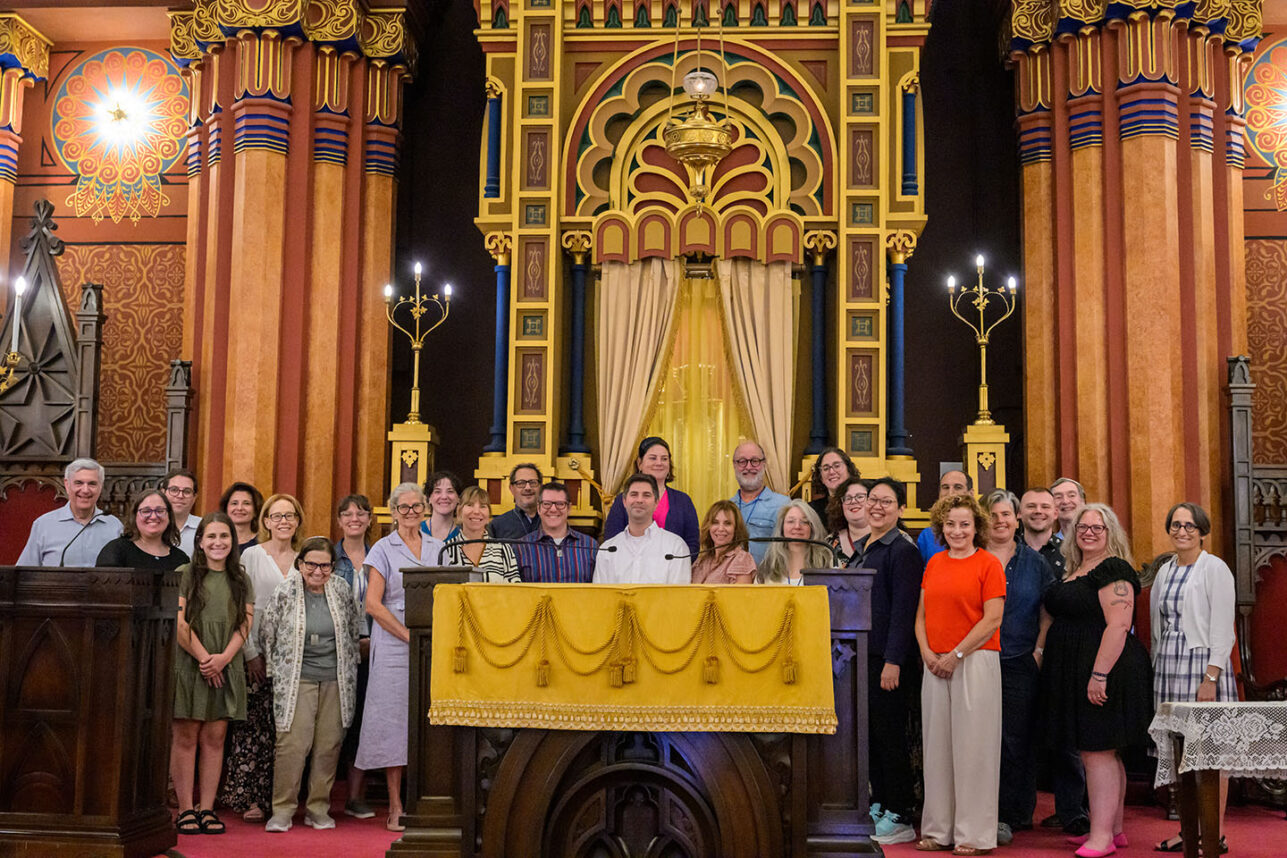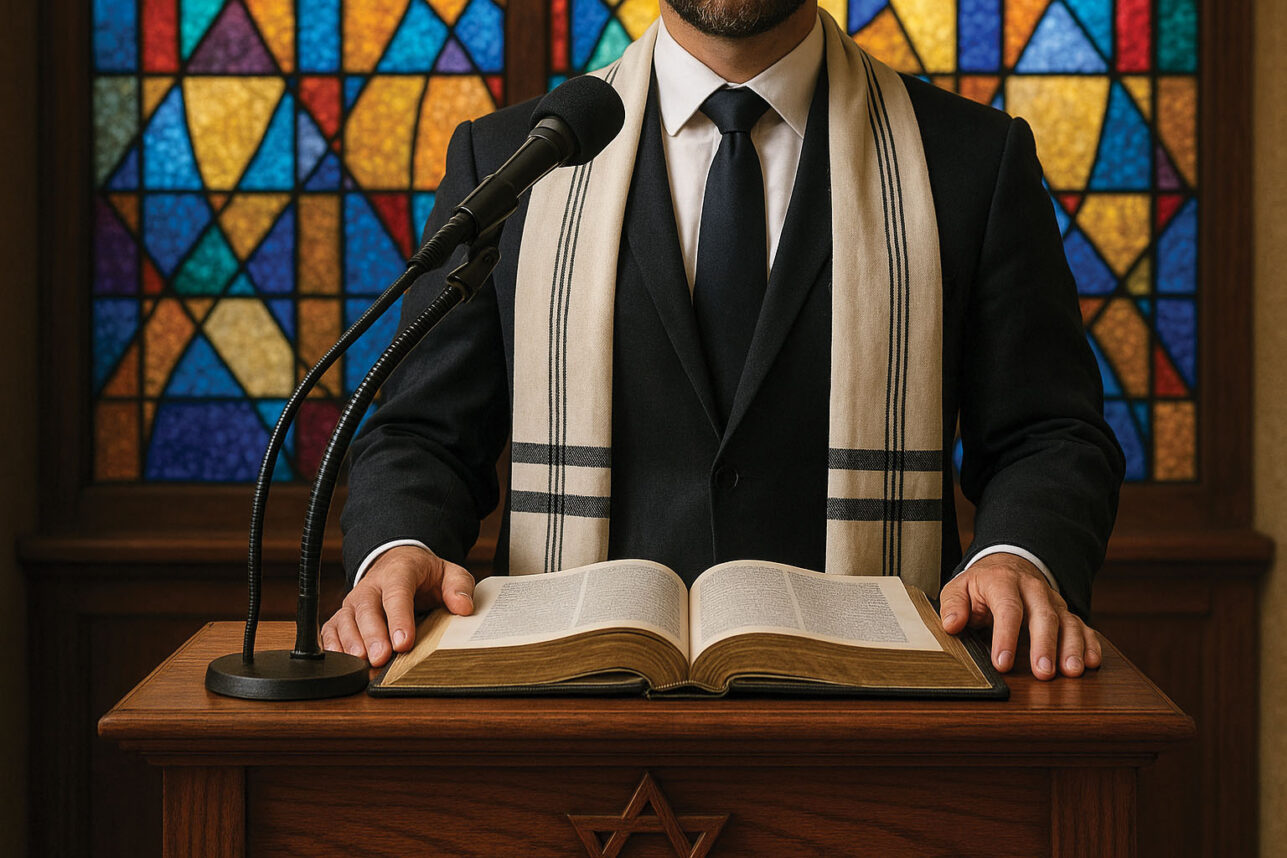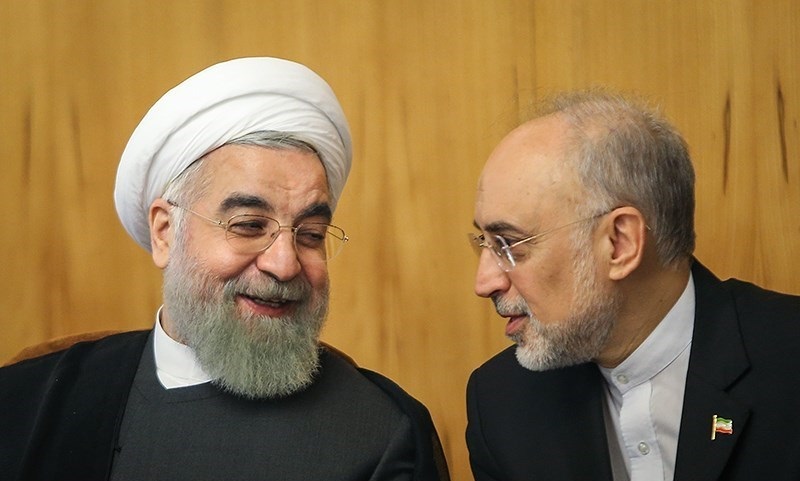
Iranian nuclear chief Ali Akbar Salehi told Iranian television that the regime in Tehran purchased spare equipment they had promised to destroy under the Iran nuclear deal to preserve a nuclear reactor.
The January 22 interview with Iran’s Channel 4, as translated by the Middle East Media Research Institute (MEMRI), featured Salehi stating that Iran had removed the calandria [repository] from the Arak nuclear reactor and poured cement into it during negotiations for the Iran nuclear deal.
Unbeknownst to negotiators, Iran had purchased additional tubes to preserve the reactor, Salehi said.
“We told no one but the top man of the regime,” Salehi said, a likely reference to Supreme Leader Ayatollah Ali Khamenei. “When our team was in the midst of the negotiations, we knew that [the Westerners] would ultimately renege on their promises. The leader warned us that they were violators of agreements. We had to act wisely. Not only did we avoid destroying the bridges that we had built, but we also built new bridges that would enable us to go back faster if needed.”
Salehi added that they did not tell Western negotiators about the additional tubes they had purchased because “they would have told us to pour cement into those tubes as well.”
Iran's Nuclear Chief Salehi: We Had Secretly Purchased Replacements for Nuclear Equipment That the JCPOA Had Required Us to Destroy; Yellowcake Production Facilities are Operational; We Are Advancing in Nuclear Propulsion pic.twitter.com/yvAYvQvCC1
— MEMRI (@MEMRIReports) January 24, 2019
Salehi went on to say that Iran is in the process of transferring 30 tons of yellowcake to Isfahan, but Iran is not seeking to develop a nuclear weapon.
The Jerusalem Center for Public Affairs (JCPA) highlighted the section of the Iran deal that explicitly states that Iran is required to make the Arak reactor “inoperable by filling any openings in the calandria with concrete such that the IAEA [International Atomic Energy Agency] can verify that it will not be usable for a future nuclear application.” The JCPA also noted that the Isfahan facility that Salehi referenced was likely referring to Natanz’s uranium conversion facility.
“Iran has lost nothing as a result of signing the agreement, and history will prove this,” Salehi said. “We have preserved our capabilities in the field of enrichment. We are providing products for other industries and are continuing to manufacture new centrifuges. We are doing everything we need to do, but this time in the right way.”
One of Israeli Prime Minister Benjamin Netanyahu’s arguments against the Iran deal was that the Iranian deliberately hid its nuclear ambitions for years, and then moved its archive and warehouse of nuclear files when negotiations for the Iran deal began. President Trump announced that the United States would exit from the deal in May; the Trump administration has since re-imposed sanctions on Iran. The European Union been working to preserve the deal.









